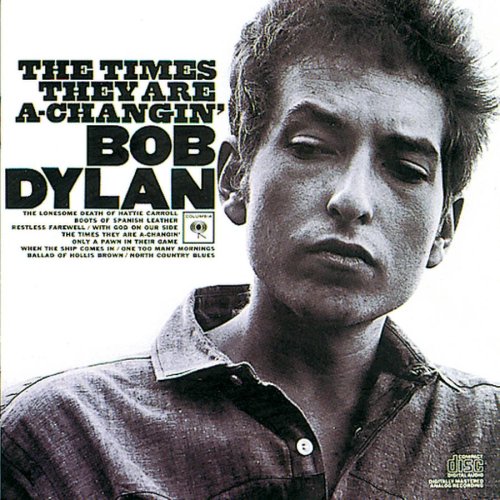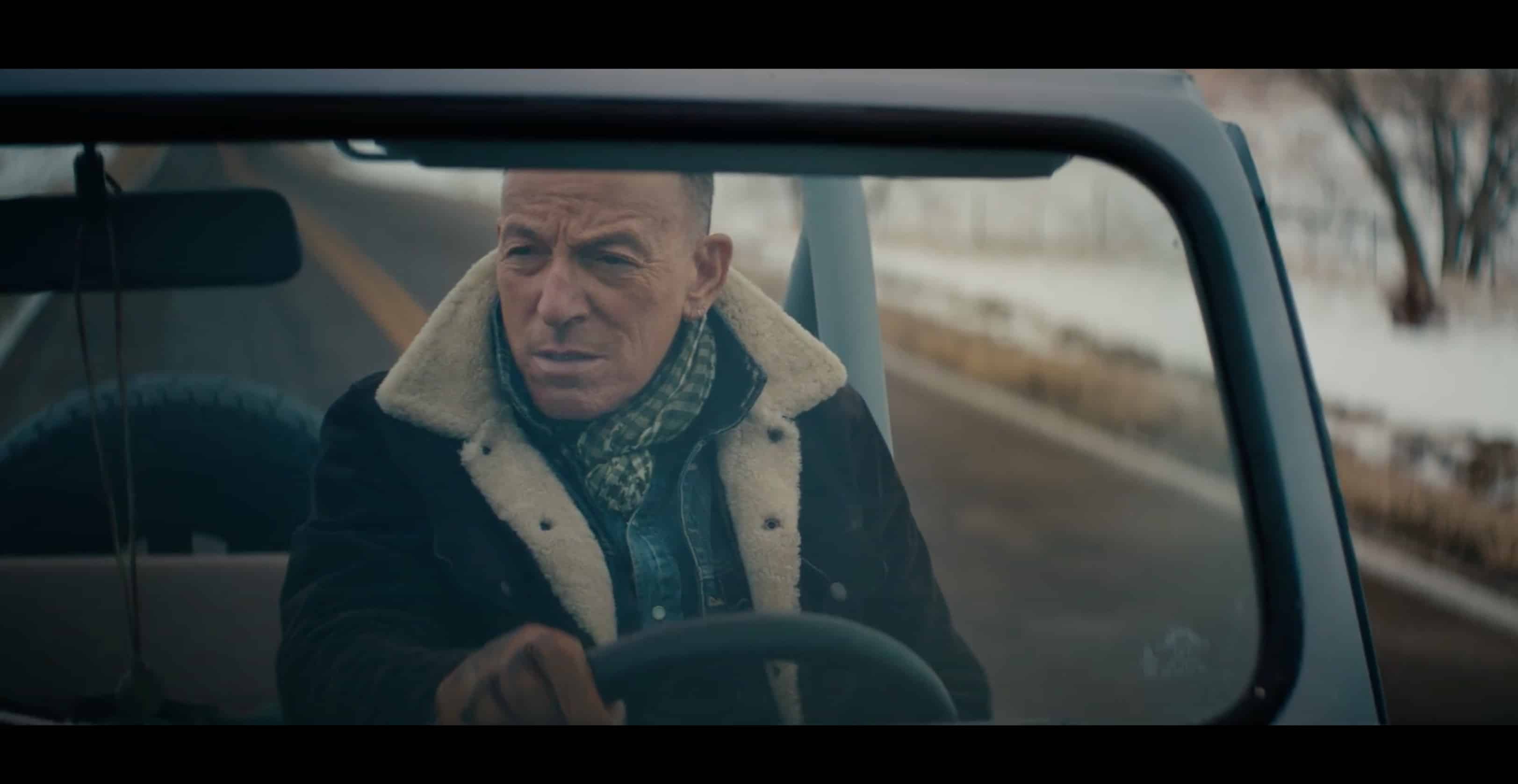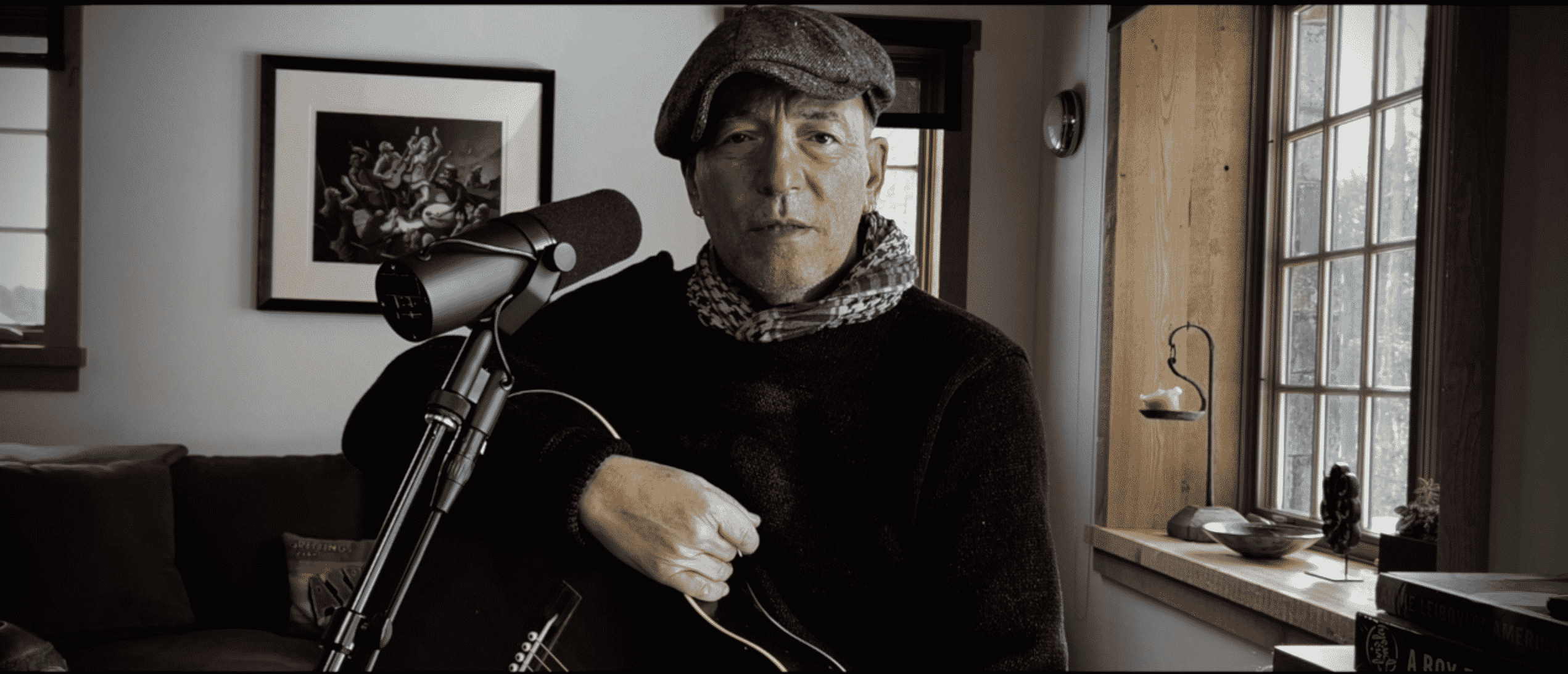Videos by American Songwriter
Musicians and songwriters’ “termination rights” could mean more dollars and cents for artists like Bruce Springsteen, Billy Joel and Bob Dylan. United States copyright law was revised in the mid ’70s, granting artists the rights to their work after 35 years, provided they applied two years in advance.
Albums and singles issued after January 1, 1978 are the first recordings to be protected by termination rights. The United States Copyright Office’s records show that musicians who have already filed to regain control of their material include Tom Petty, Loretta Lynn, Dylan and Kris Kristofferson.
“In terms of all those big acts you name, the recording industry has made a gazillion dollars on those masters, more than the artists have,” Don Henley, founding member of The Eagles and a co-founder of artists’ rights organization the Recording Artists Coalition, says in the New York Times. “So there’s an issue of parity here, of fairness. This is a bone of contention, and it’s going to get more contentious in the next couple of years.”
Though it’s good news for the artists, this law is a death threat for labels that stay afloat on sales of music by these musicians and songwriters. Bigwig labels Universal, EMI, Warner and Sony BMG have announced that they’re prepared to do legal battle over these recordings. Steven Marks, a lobbyist for the Recording Industry Association of America, referred to the recordings as “works for hire” in the New York Times.
Read a Q&A with Henley on the subject here.













Leave a Reply
Only members can comment. Become a member. Already a member? Log in.